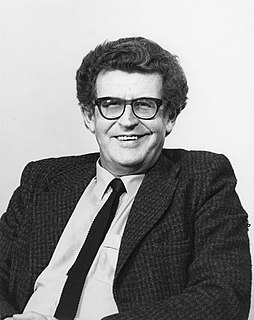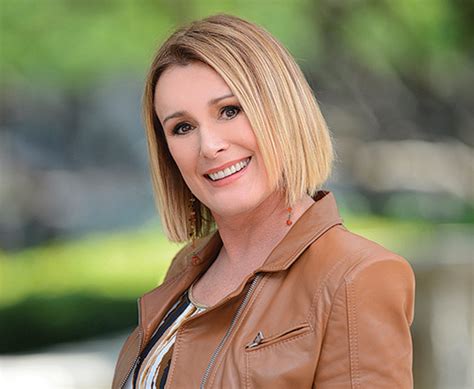A Quote by Robert Green Ingersoll
Jehovah was not a moral god. He had all the vices and he lacked all the virtues. He generally carried out all his threats, but he never faithfully kept a promise.
Related Quotes
The native American has been generally despised by his white conquerors for his poverty and simplicity. They forget, perhaps, that his religion forbade the accumulation of wealth and the enjoyment of luxury... Furthermore, it was the rule of his life to share the fruits of his skill and success with his less fortunate brothers. Thus he kept his spirit free from the clog of pride, cupidity, or envy, and carried out, as he believed, the divine decree-a matter profoundly important to him.
The modern world is not evil; in some ways the modern world is far too good. It is full of wild and wasted virtues. When a religious scheme is shattered (as Christianity was shattered at the Reformation), it is not merely the vices that are let loose. The vices are, indeed, let loose, and they wander and do damage. But the virtues are let loose also; and the virtues wander more wildly, and the virtues do more terrible damage. The modern world is full of the old Christian virtues gone mad. The virtues have gone mad because they have been isolated from each other and are wandering alone.
You thought you had the choice to stay still or move forward, but your didn't. As long as your heart kept pumping an your blood kept blowing and your lungs kept filling, you didn't. The pang she felt for Tibby carried something like envy. You couldn't stand still for anything short of death, and God knew she had tried.



































